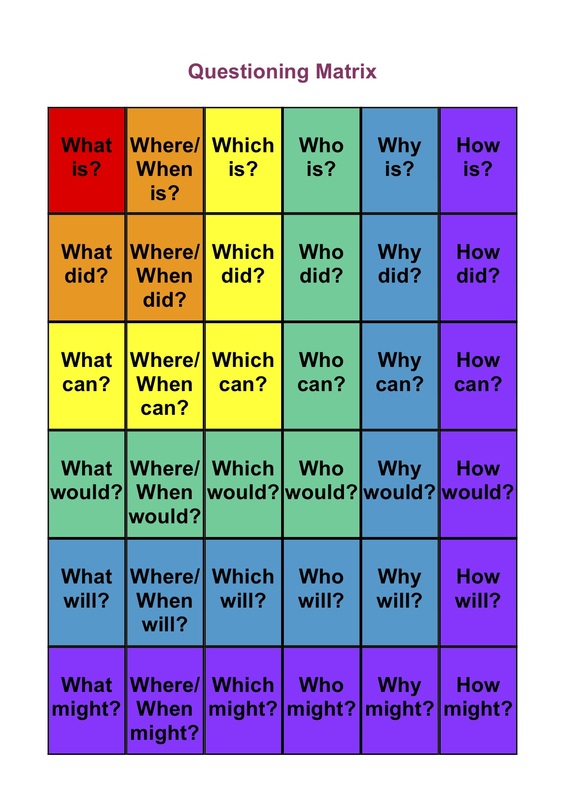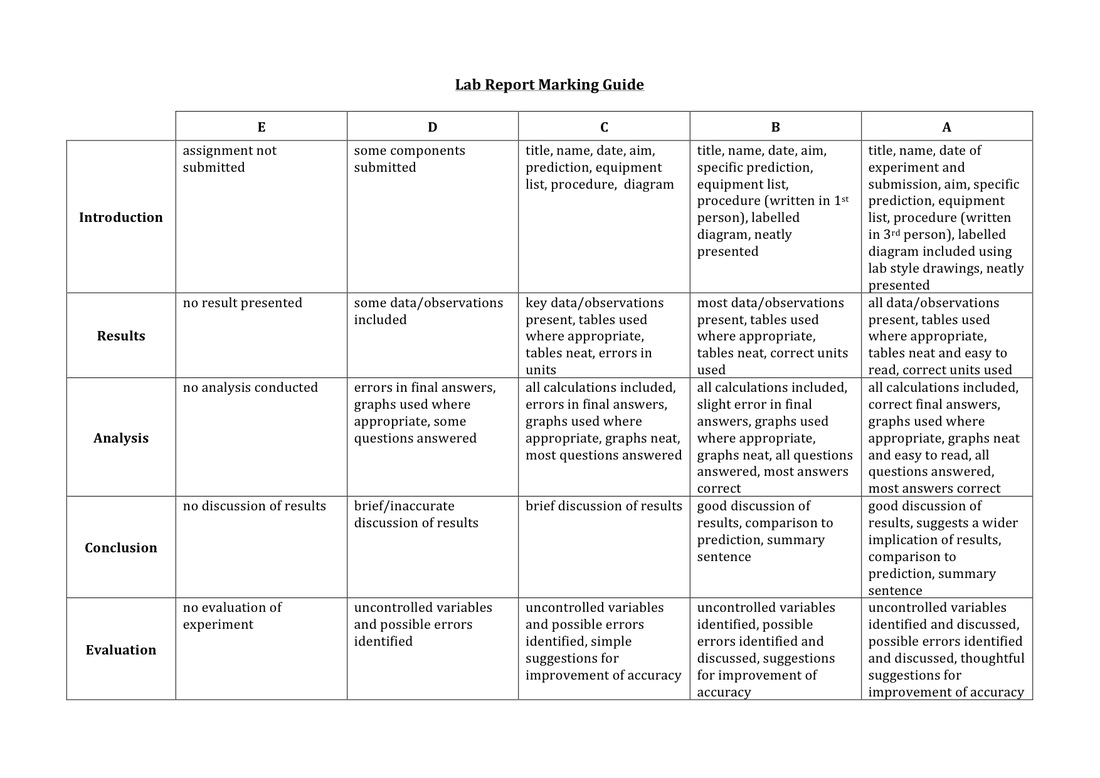Year 8 AEP Science Inquiry Tasks
Introduction

http://science.ksc.nasa.gov/images/launch.gif
Questioning and predicting: Identify questions and problems that can be investigated scientifically and make predictions based on scientific knowledge (ACSIS139)
Planning and conducting: Collaboratively and individually plan and conduct a range of investigation types, including fieldwork and experiments, ensuring safety and ethical guidelines are followed (ACSIS140). In fair tests, measure and control variables, and select equipment to collect data with accuracy appropriate to the task (ACSIS141)
Processing and analysing data and information: Construct and use a range of representations, including graphs, keys and models to represent and analyse patterns or relationships, including using digital technologies as appropriate (ACSIS144).Summarise data, from students’ own investigations and secondary sources, and use scientific understanding to identify relationships and draw conclusions (ACSIS145)
Evaluating: Reflect on the method used to investigate a question or solve a problem, including evaluating the quality of the data collected, and identify improvements to the method (ACSIS146). Use scientific knowledge and findings from investigations to evaluate claims (ACSIS234)
Science as Human Endeavour
Planning and conducting: Collaboratively and individually plan and conduct a range of investigation types, including fieldwork and experiments, ensuring safety and ethical guidelines are followed (ACSIS140). In fair tests, measure and control variables, and select equipment to collect data with accuracy appropriate to the task (ACSIS141)
Processing and analysing data and information: Construct and use a range of representations, including graphs, keys and models to represent and analyse patterns or relationships, including using digital technologies as appropriate (ACSIS144).Summarise data, from students’ own investigations and secondary sources, and use scientific understanding to identify relationships and draw conclusions (ACSIS145)
Evaluating: Reflect on the method used to investigate a question or solve a problem, including evaluating the quality of the data collected, and identify improvements to the method (ACSIS146). Use scientific knowledge and findings from investigations to evaluate claims (ACSIS234)
Science as Human Endeavour
- Science knowledge can develop through collaboration and connecting ideas across the disciplines of science(ACSHE226)
- Science understanding influences the development of: industry, agriculture and marine and terrestrial resource management (ACSHE136)
- People use understanding and skills from across the disciplines of science in their occupations (ACSHE227)
Terminology:
For each of the following words;
- write a definition
- give an explanation and
- name an example.
Expectations for each video task.
- Write the date of viewing and the title of the video.
- Summarise, or draw diagrams of the concepts discussed.
- Write down how this concept relates to any other ideas that you have learned previously about the concept.
- Write at least two questions that arise from the ideas discussed in the video.
- If you have time, research the answers to your questions and bring them to class for discussion.
A questioning matrix to help you formulate questions about the videos.
The colours on the matrix are arranged so that as you progress across the spectrum from red to violet the questions become more complex.


